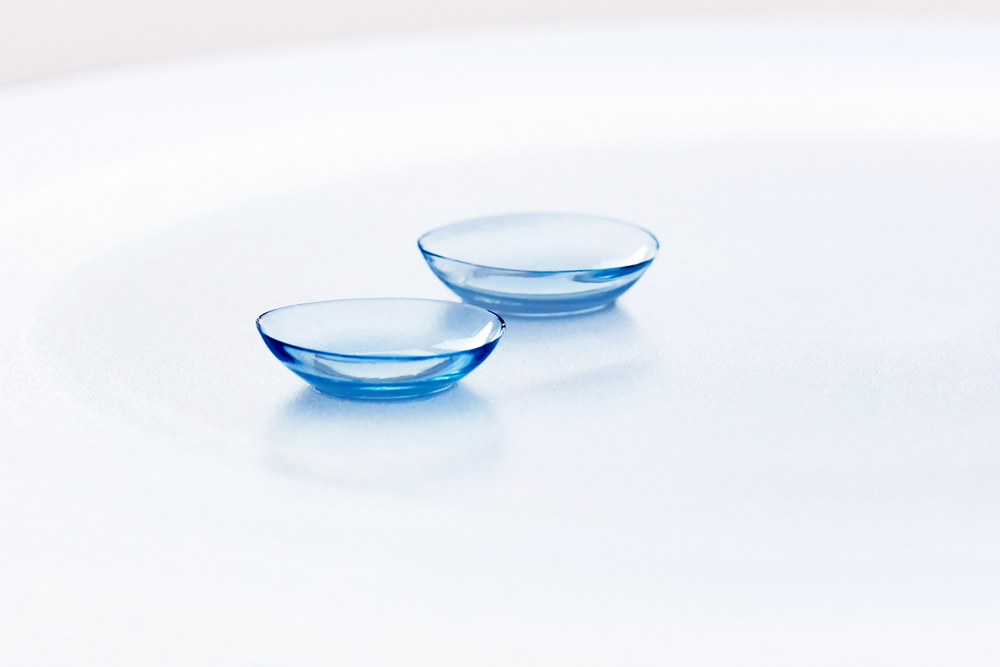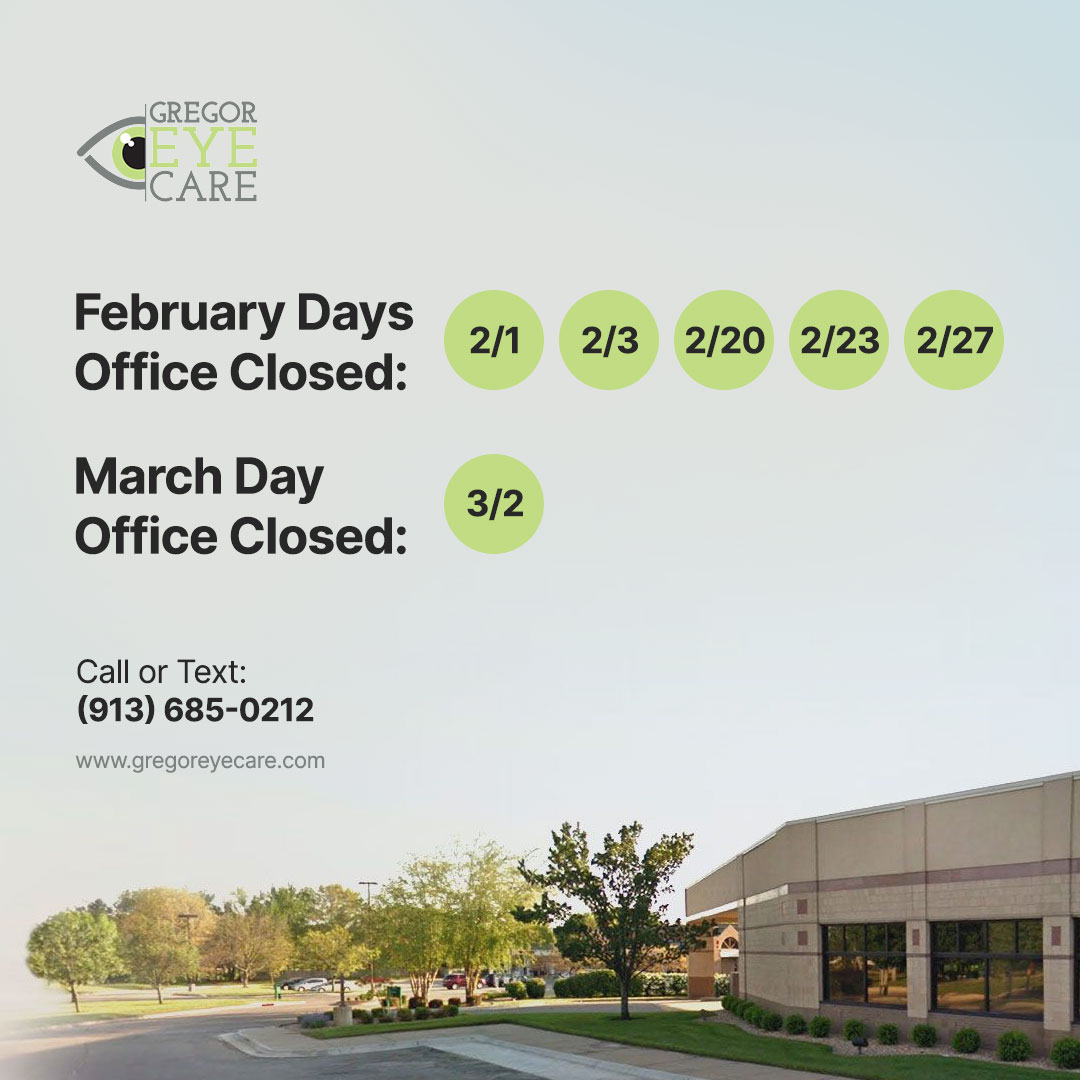
For years, many people could not wear contact lenses due to certain eye conditions. The lenses were considered unsuitable for some vision problems. If you want to switch to contacts but are concerned about your suitability, there is good news for you.
Advances in contact lens technology have led to the introduction of specialty contact lenses. There are lenses to fit different vision needs. Here are the different types of specialty contact lenses.
Hybrid Lenses
Hybrid lenses offer a more comfortable fit than regular contacts and provide sharper and clearer vision. The lenses combine the clarity of RGP lenses and the comfort of silicone hydrogel or soft lenses.
The center part of the lens is rigid gas permeable, while the surrounding area is a silicone hydrogel material. The lenses are ideal for those who find regular contact lenses uncomfortable.
Ortho-k Lenses
Orthokeratology or ortho-k lenses are contacts worn overnight to change the shape of the eye. The RGP lenses gently reshape the cornea, allowing the individual to see clearly during the day. The wearer puts on the lenses each night, which are ideal for people with myopia or hyperopia.
The reshaping effect is temporary, so wearing the lenses every night is essential. The lenses are often a myopia management solution in children.
Rigid Gas-permeable (RGP) Lenses
The most common specialty contacts are RGPs. The lenses are rigid and fit close to the eye, but they are porous, allowing oxygen to pass through. They maintain their shape, providing comfortable and sharp vision for people with astigmatism.
They are more durable and easier to take care of, but they usually take longer to get used to. They are often prescribed for people with severe vision issues. However, they are not ideal for those with an eye disease or condition.
Scleral Lenses
Unlike RGP and traditional contact lenses that cover only the cornea, scleral lenses protect the cornea and part of the sclera. They are larger and vault over the cornea to rest on the white part of the eye (sclera).
The lenses are stable and ideal for people with irregularly-shaped corneas. The curve of the lenses provides a fluid reservoir that helps keep the eyes lubricated. They are recommended for people with dry eye syndrome.
Toric Lenses
Toric lenses are specialty contacts prescribed for people with astigmatism. They remain in the correct position, helping maintain a clear vision. The lenses can also correct refractive issues that often manifest alongside astigmatism. It usually takes a while to get the perfect fit, and most people try several lenses before finding the right one.
Issues Treated With Specialty Contacts
Specialty contact lenses are often recommended when the patient's eyes cannot support traditional soft lenses. Conditions that can be corrected using the lenses include:
Keratoconus
Astigmatism
Irregular corneas
Dry eye condition
Myopia
Developments in the materials used to create contact lenses have led to the introduction of comfortable, lightweight, and disposable lenses. Breakthroughs in technology have resulted in contact lenses that can treat various eye and vision issues. Talk to your eye doctor about specialty contact lenses if you require vision correction without wearing eyeglasses.
For more on different types of specialty contact lenses, visit Gregor Eye Care at our Overland Park, Kansas office. Call (913) 685-0212 to schedule an appointment today.









